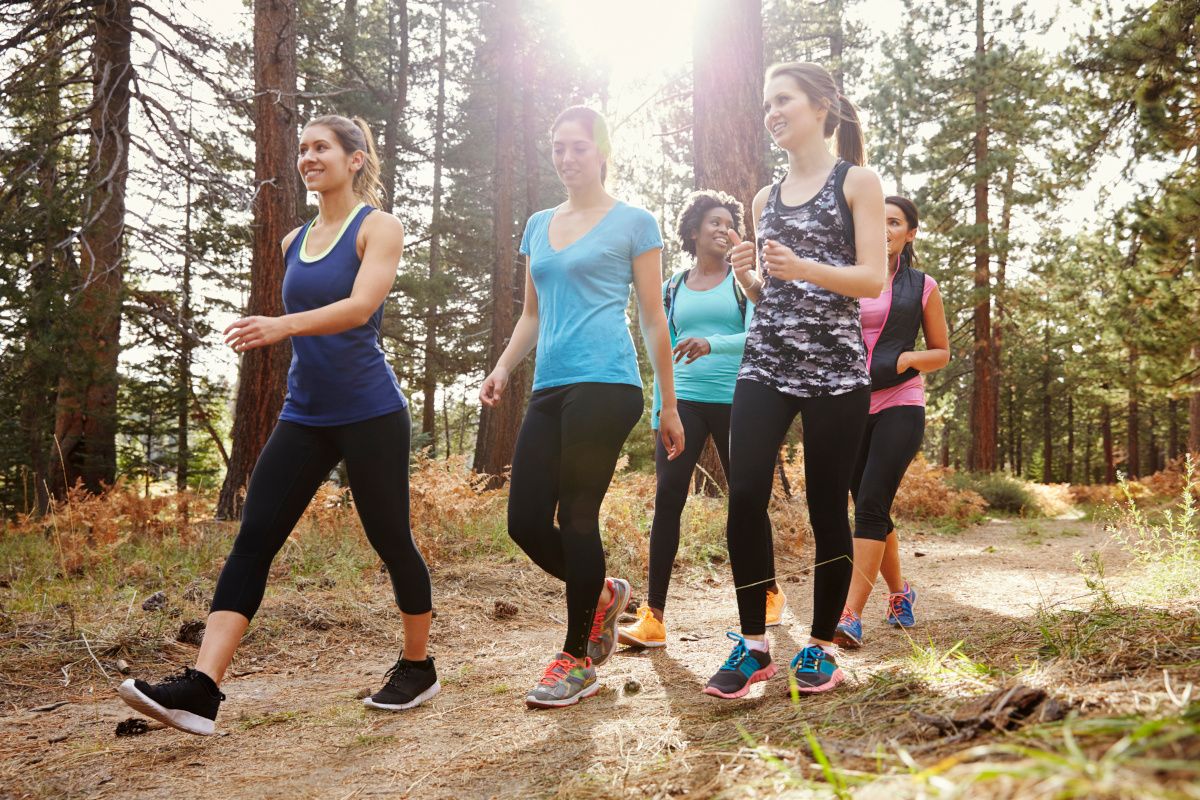Recent study finds that native type 2 collagen supports women’s knee function
Women taking the collagen supplement experienced improvements in joint function and pain.
Photo © AdobeStock.com/Monkey Business

A recently published study1 found that women taking a proprietary native undenatured type 2 collagen experienced significant improvements in knee function. In the study, women with knee osteoarthritis were divided into three groups: control (no intervention), collagen, and exercise. The collagen group received the collagen supplement, Motilex Caps (Apsen Farmaceutica, Brazil) which contains Collavant n2 from Bioiberica, at a dose of 40 mg once daily for six weeks. The exercise group had 12 sessions of an exercise protocol.
Results showed that both the exercise and collagen groups saw significant improvements in functionality tests, compared to control, with the collagen group seeing a 10.4% increase in the distance walked during six minutes without discomfort. In quality of life and stiffness domains of the Western Ontario and McMaster Universities Arthritis Index (WOMAC) scores, the exercise group saw significant improvements compared to control, while both collagen and exercise groups saw better scores in the pain domain, compared to control. In the collagen group, WOMAC pain scores improved by 44.8%.
“These latest clinical conclusions open up new possibilities for innovation with native (undenatured) type II collagen in women’s health, especially during menopause when joint health problems can become a concern due to oestrogen deficiency. Low-dosage, science-backed ingredients that have been shown to support joint health, like Collavant n2, could therefore help to address the needs of women during this life phase,” said Joan Bassa, human health business unit director at Bioiberica, in a press release.
Reference
Santana, E.T.N.; Machado, S.C.; Lina, V.N.B.; Filho, V.J.D.; Maciel, L.Y.D.S.; Neto, J.P.F.; Coutinho, H.D.M.; Martins, N.; et al. Comparison between exercise therapy and non-hydrolyzed collagen (UC-II) in functionality and quality of life in women with knee osteoarthritis : A randomized controlled clinical trial. Wein Kin Wochenschr. 2023, 135 (11-12), 291-300. DOI: 10.1007/s00508-022-02037-8.






